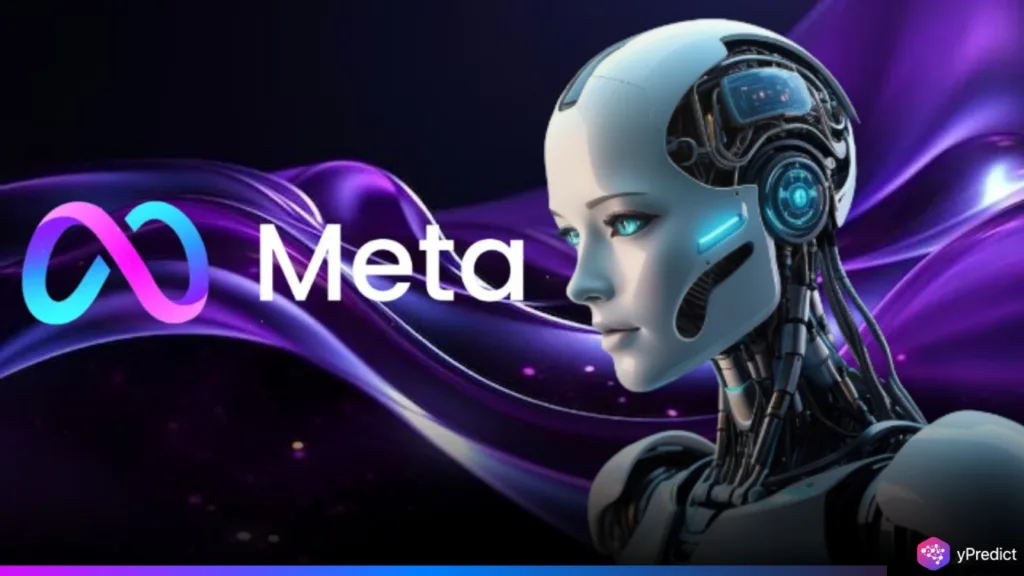
Meta Platforms Inc. has reorganized its AI division, splitting it into two teams to accelerate innovation and streamline product development. The new AI Products team will integrate consumer-facing AI tools across Meta’s platforms to enhance user experience and engagement. Meanwhile, the AGI Foundations team will focus on core research and technologies, including Meta’s Llama models and other foundational systems. This move aims to boost operational clarity, shorten product rollout timelines, and strengthen Meta’s competitive edge against OpenAI, Google, and others.
Meta Realigns AI for Market Readiness and Research Depth
Meta has announced a significant reorganisation of its artificial intelligence section, indicating a strategic move towards accelerating research and competing more aggressively in the global AI field. In a recent internal document, Chief Product Officer Chris Cox described the development of two different groups, each with a clear purpose to streamline operations and increase output.
The corporation is now separating its AI personnel into two specialised teams: AI Products and AGI Foundations. This change is intended to improve focus, increase agility, and minimise internal complexity, all without causing job layoffs.
The AI Products team, led by Connor Hayes, will supervise the integration of generative AI technologies into consumer-facing applications. These include major services such as Facebook, Instagram, and WhatsApp, as well as the recently launched standalone AI assistant app. The group will also oversee Meta’s AI Studio and other tools designed to improve user engagement using generative technologies.
Meanwhile, the AGI Foundations section will focus on improving the company’s fundamental AI infrastructure. This team, led by Ahmad Al-Dahle and Amir Frenkel, is responsible for improving Meta’s Llama big language models and pursuing advancements in reasoning, voice interaction, and multimedia processing. In keeping with this transition, a multimedia subgroup from Meta’s existing research division, FAIR (Fundamental AI Research), will be integrated into the AGI Foundations group.
Navigating Competitive Pressures and Talent Shifts
Cox emphasized that the restructuring empowers smaller, autonomous teams to innovate faster, with stronger accountability and reduced cross-team dependencies. Meta confirmed that despite leadership changes, the shift involved no layoffs or executive exits linked directly to the reorganization. However, the redistribution of responsibilities signals Meta’s broader goal of placing talent where it delivers the greatest strategic impact.
This Meta AI reorganization comes at a time when competition in the AI landscape is intensifying. The Meta AI reorganization highlights the company’s urgency to stay competitive as rivals such as OpenAI, Google, and Anthropic continue to advance both foundational models and user-facing AI applications.
The recent departure of several prominent researchers, including Joelle Pineau, who previously led the FAIR group, has spotlighted internal talent challenges. Many key contributors to the original Llama models have reportedly moved on to competitors like Mistral AI and OpenAI, raising questions about Meta’s ability to retain its top AI talent.
Conclusion
Meta’s restructuring of its AI division represents a strategic shift towards balancing rapid product development with long-term research. The AI Products team will focus on providing quick, user-facing capabilities, whilst the AGI Foundations section will enhance key technologies such as the Llama models.
This split positions Meta to innovate faster and build scalable AI systems, potentially setting a precedent for other tech firms. For users, it means quicker access to smarter tools; for developers, it offers expanded opportunities to work with powerful AI models. More than a reshuffle, the move signals Meta’s intent to lead in both present and future AI innovation.





